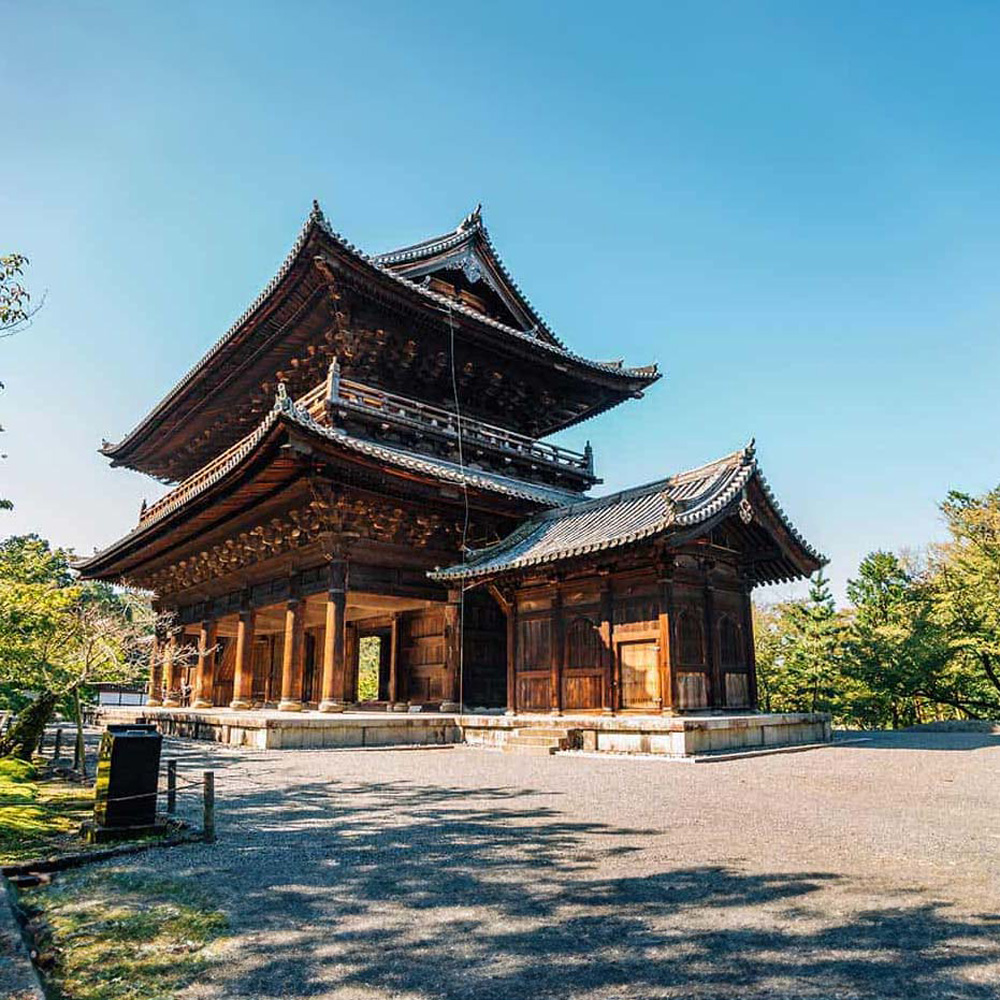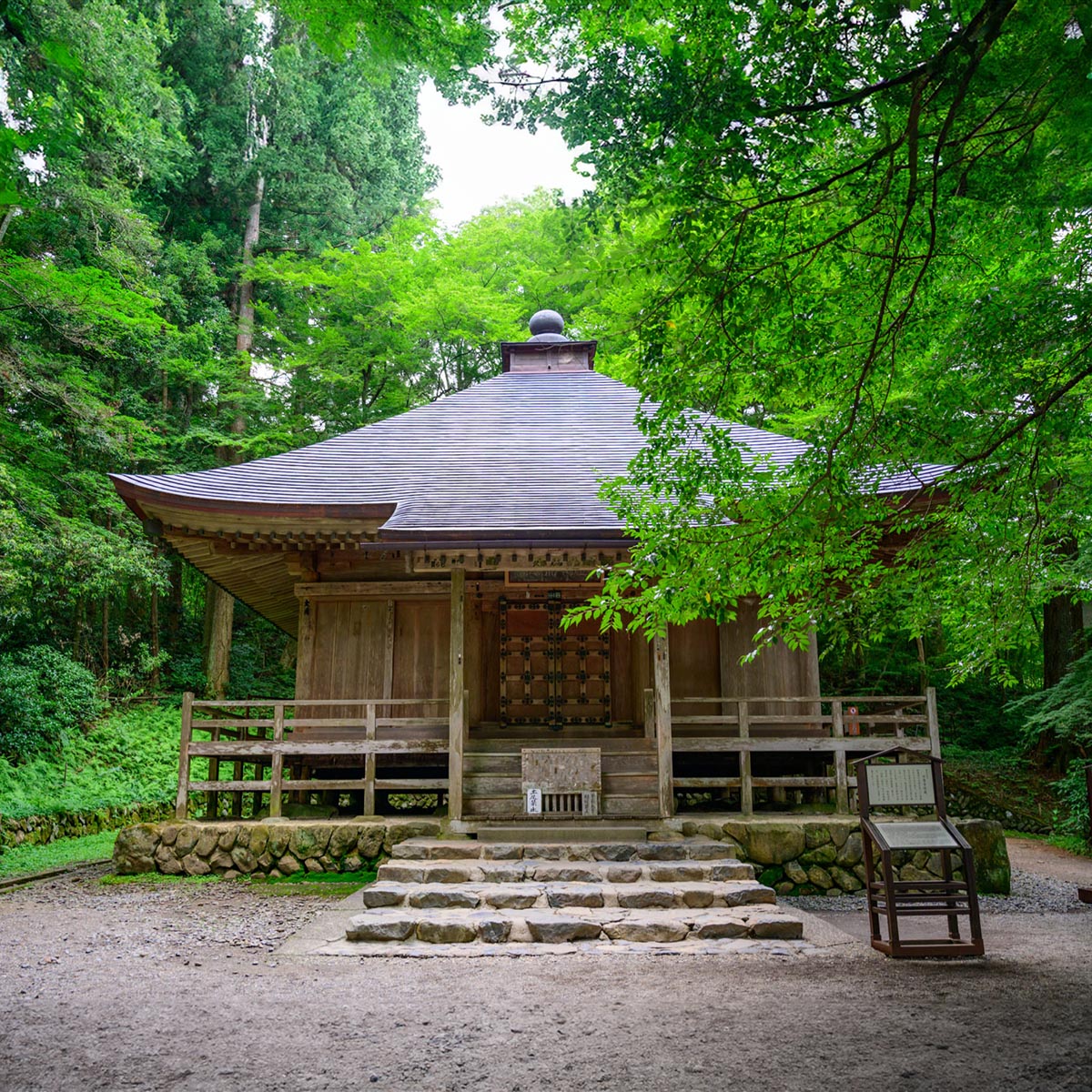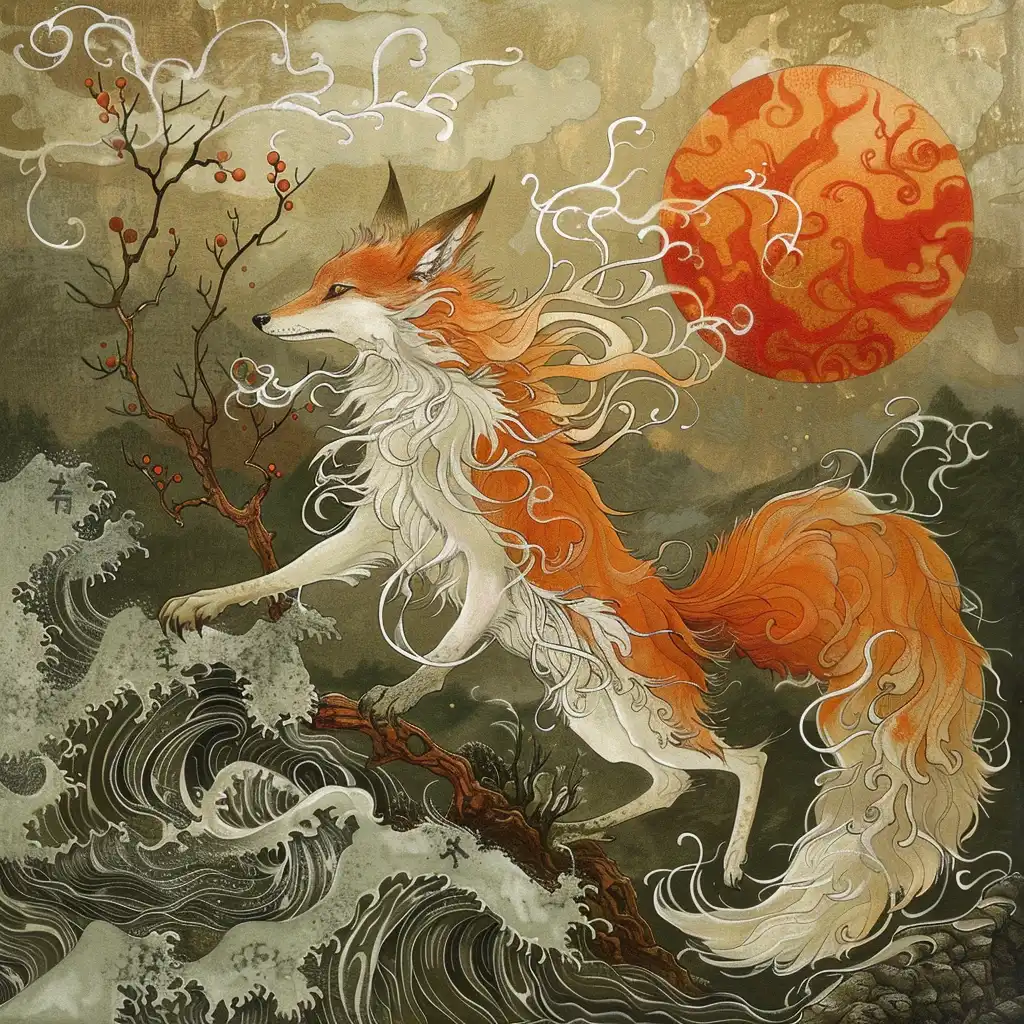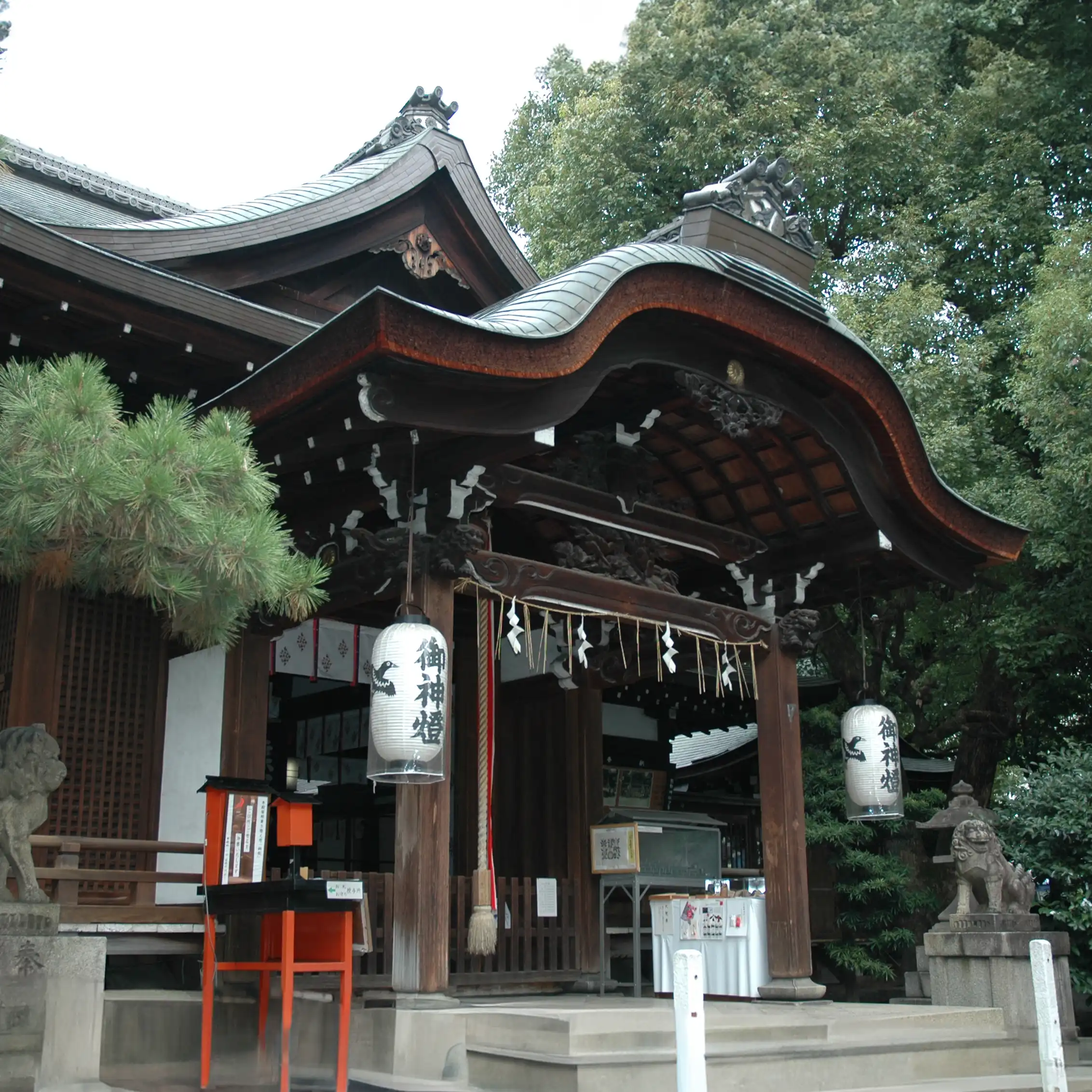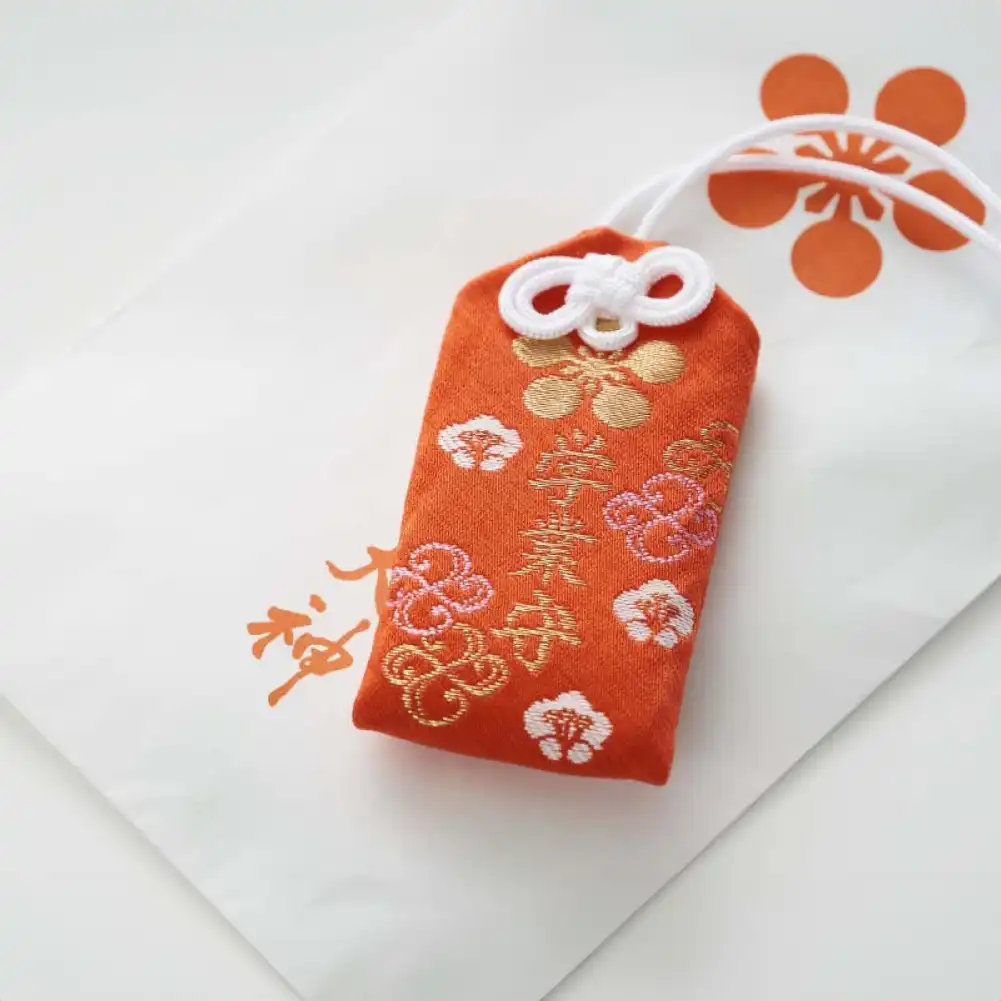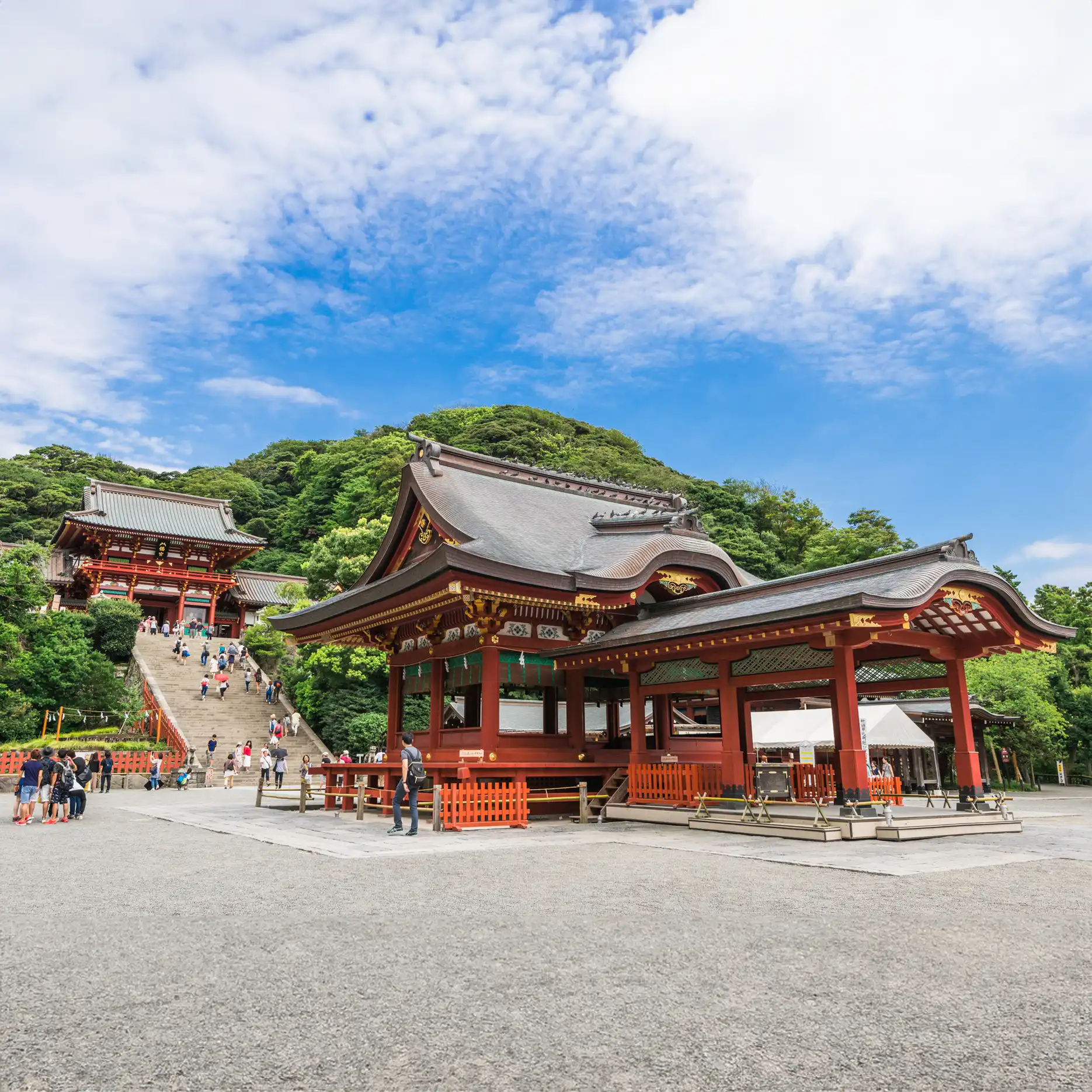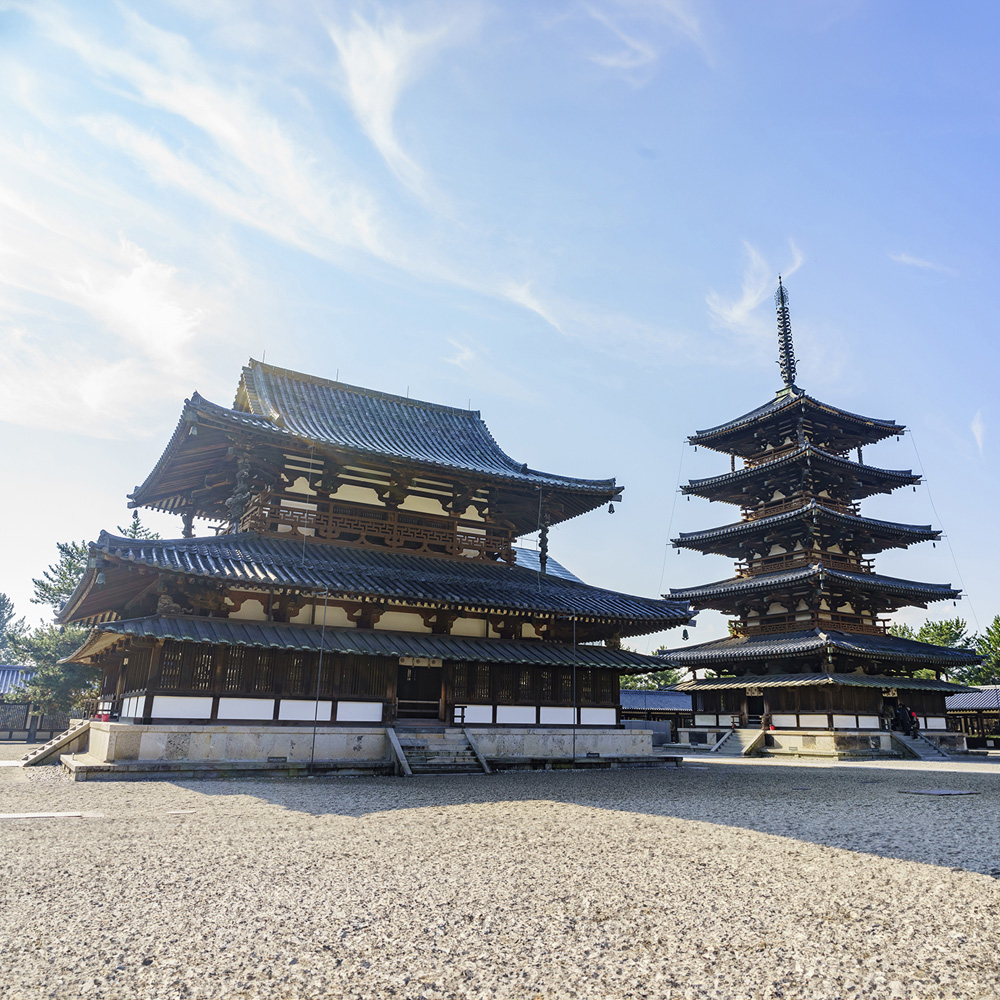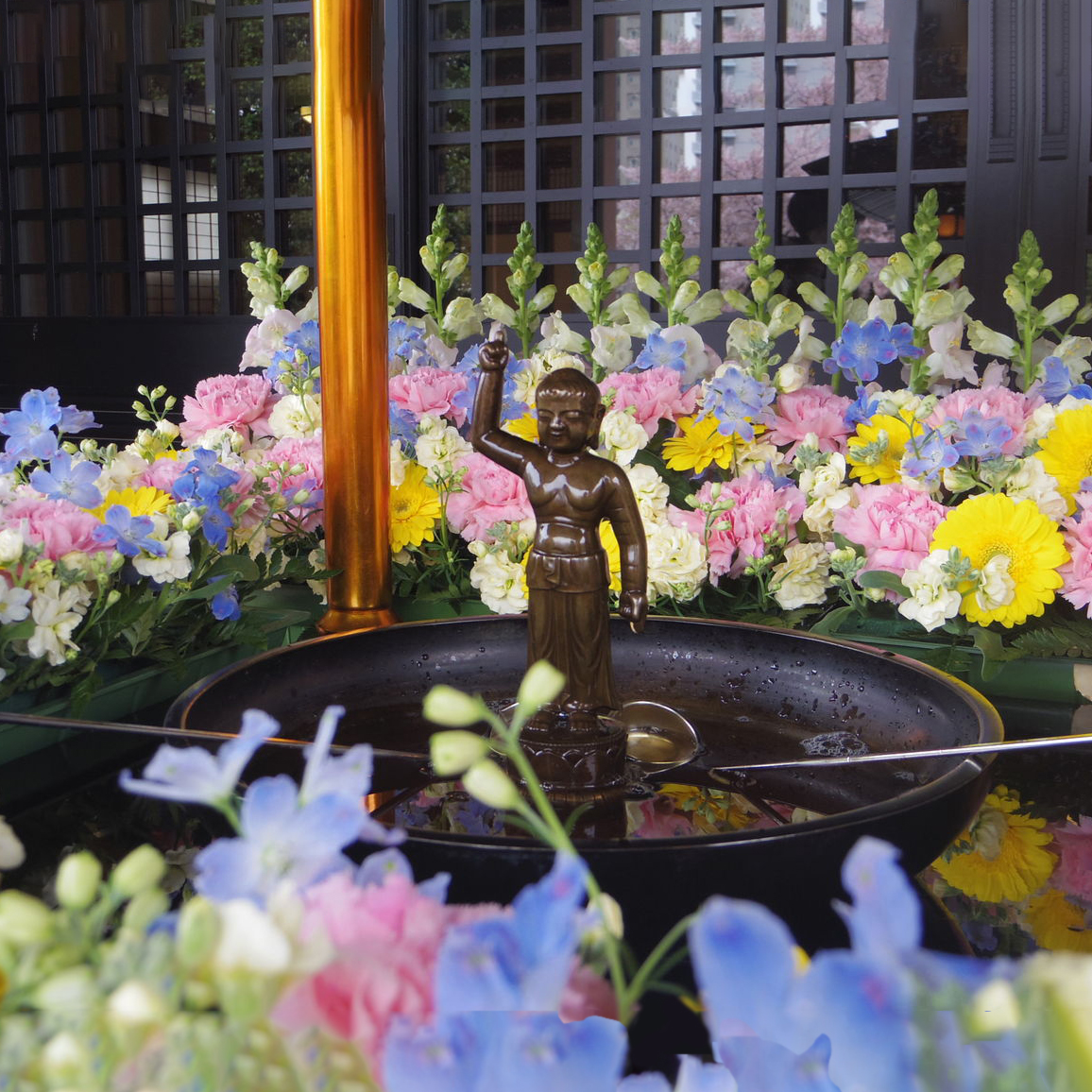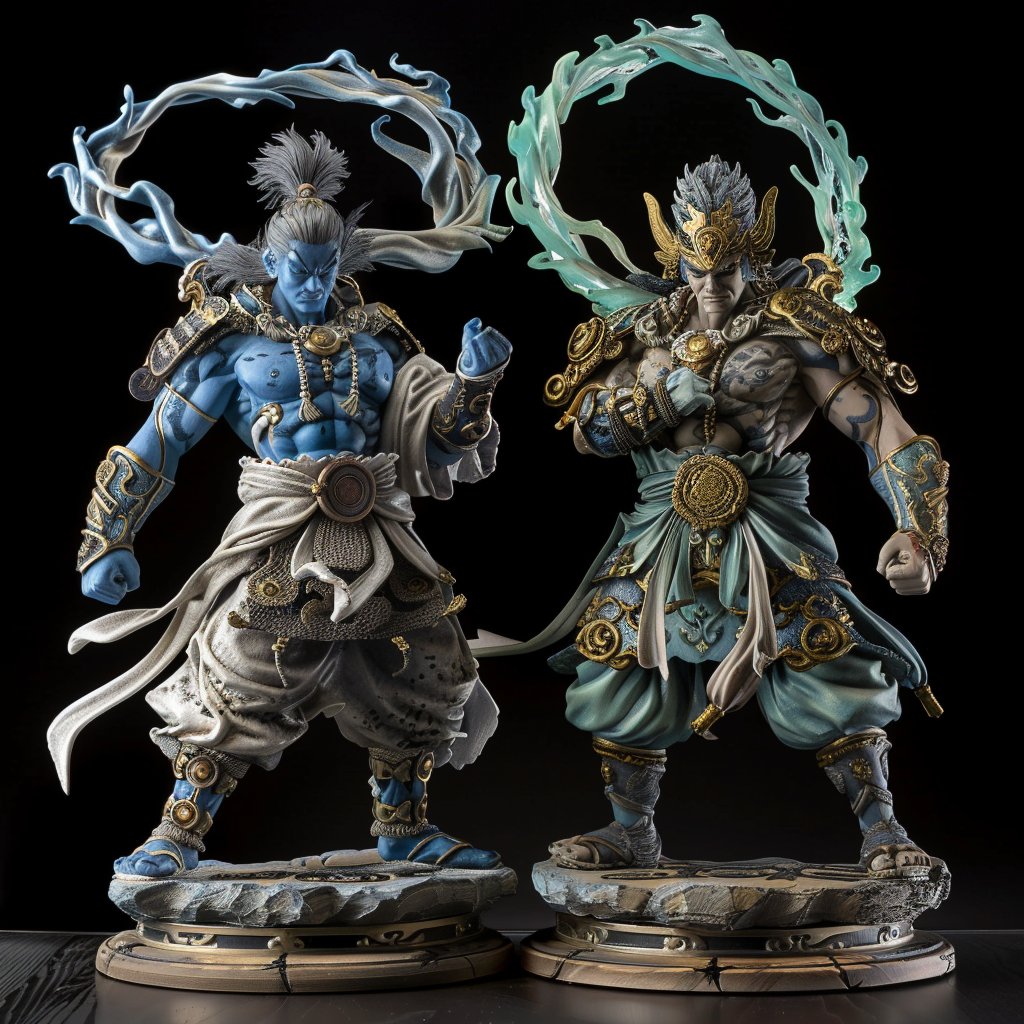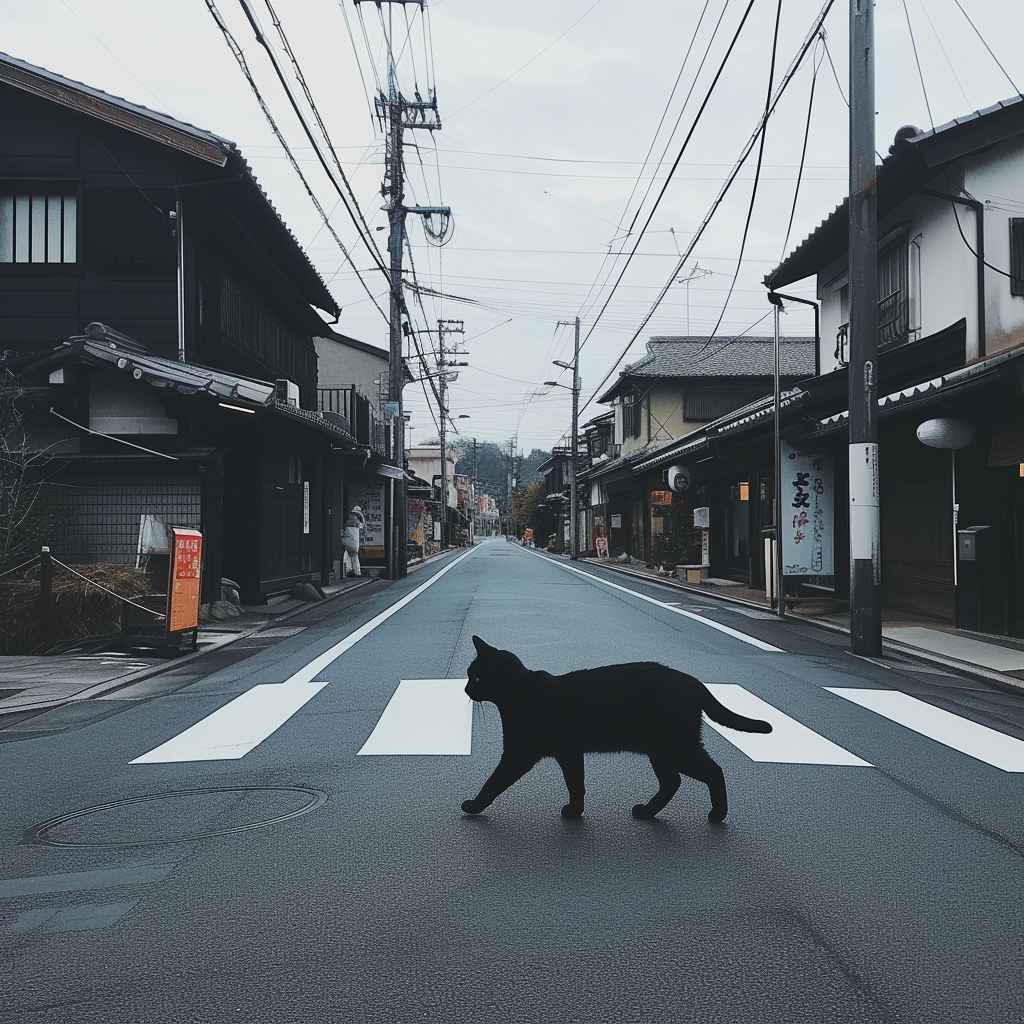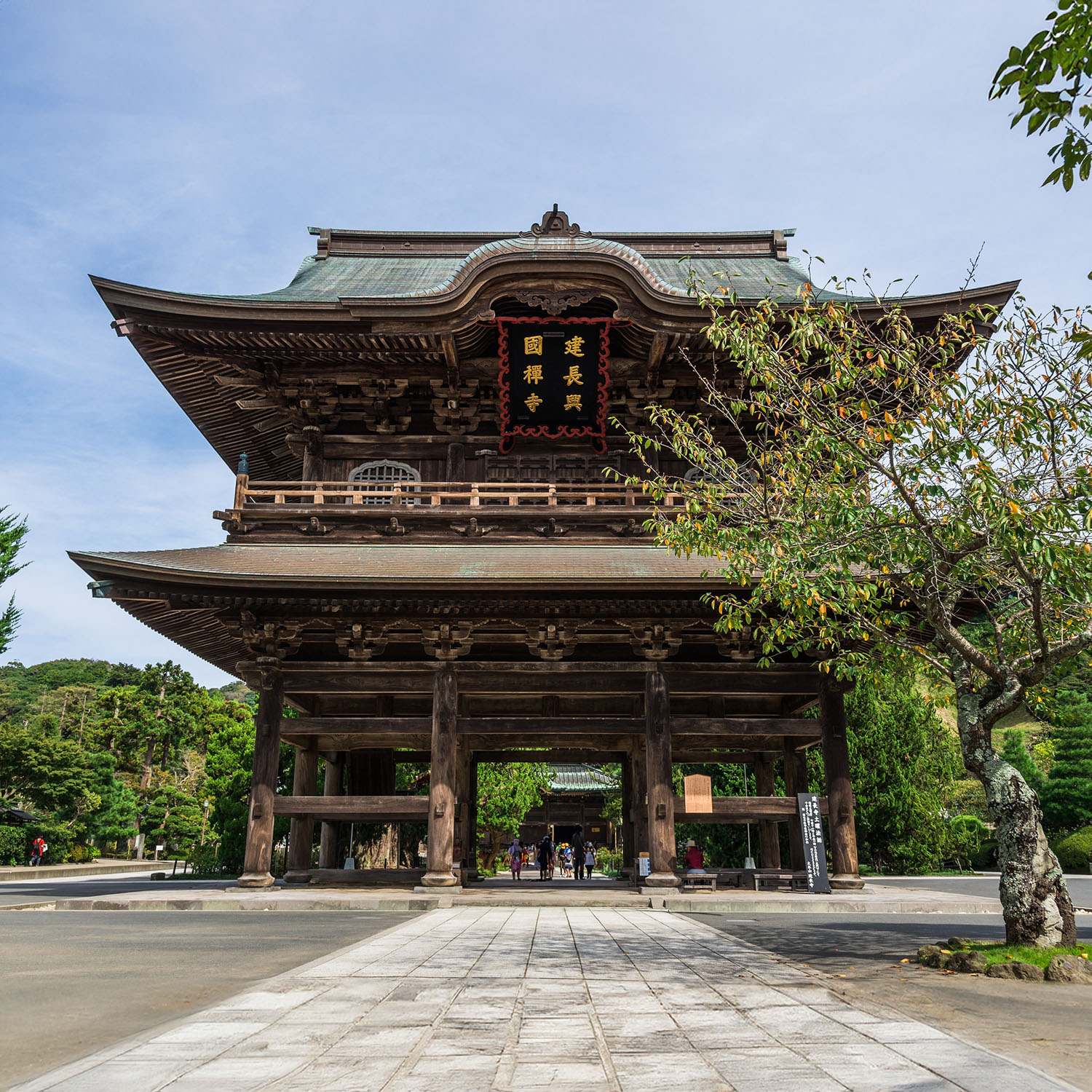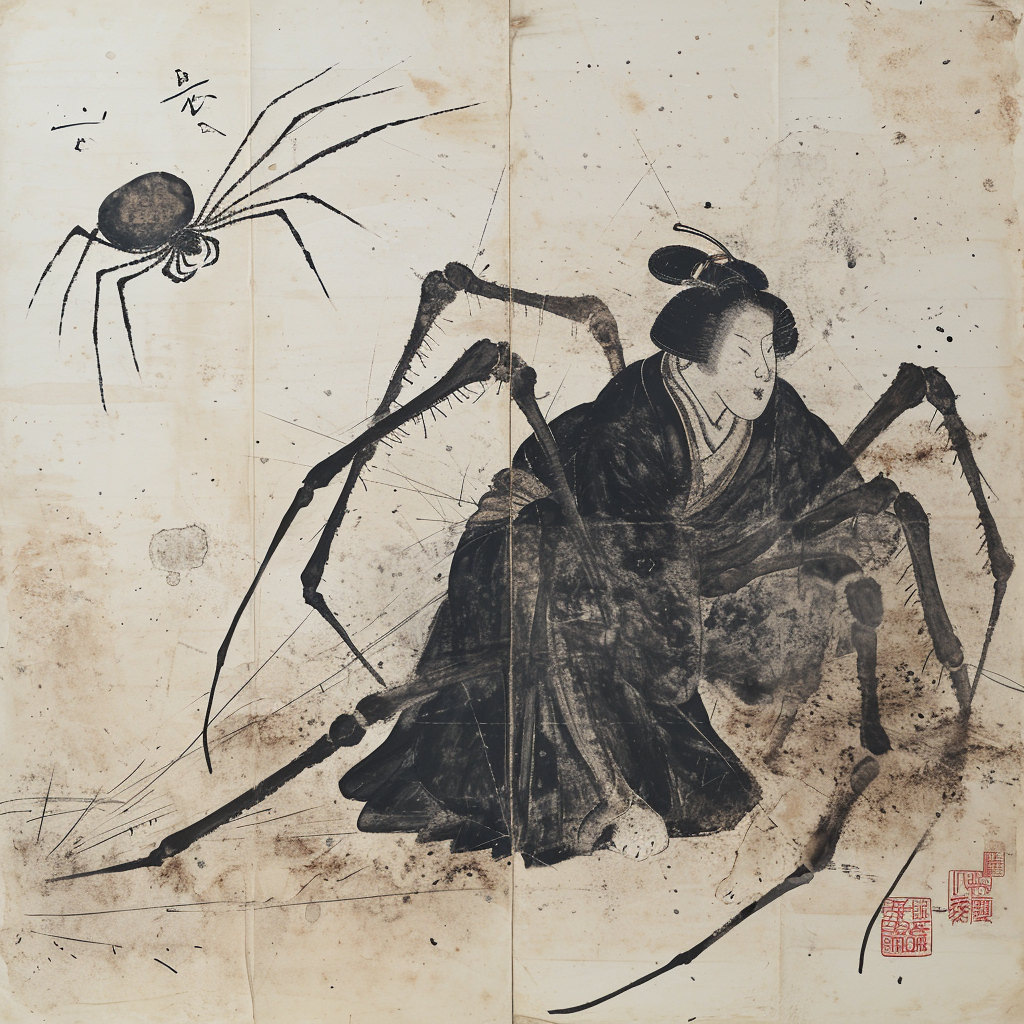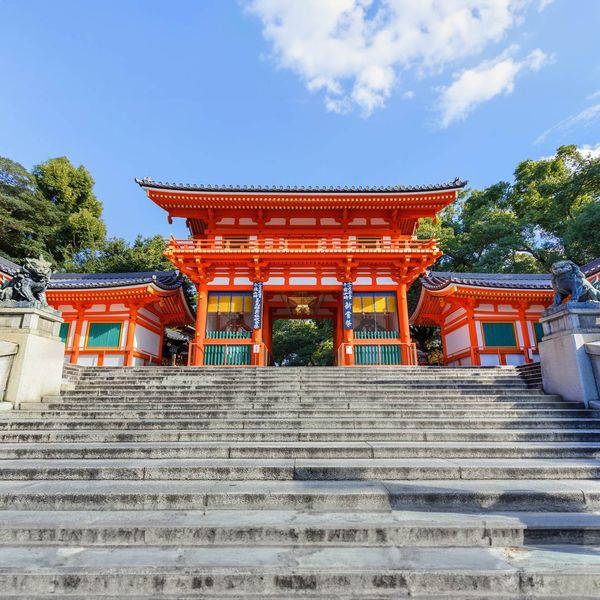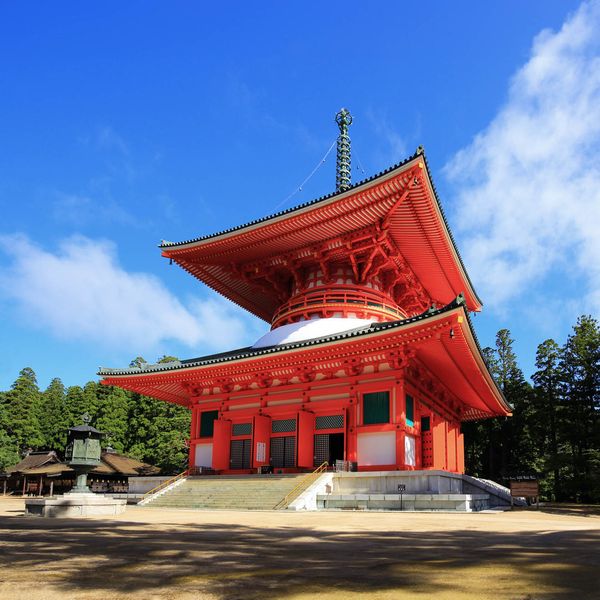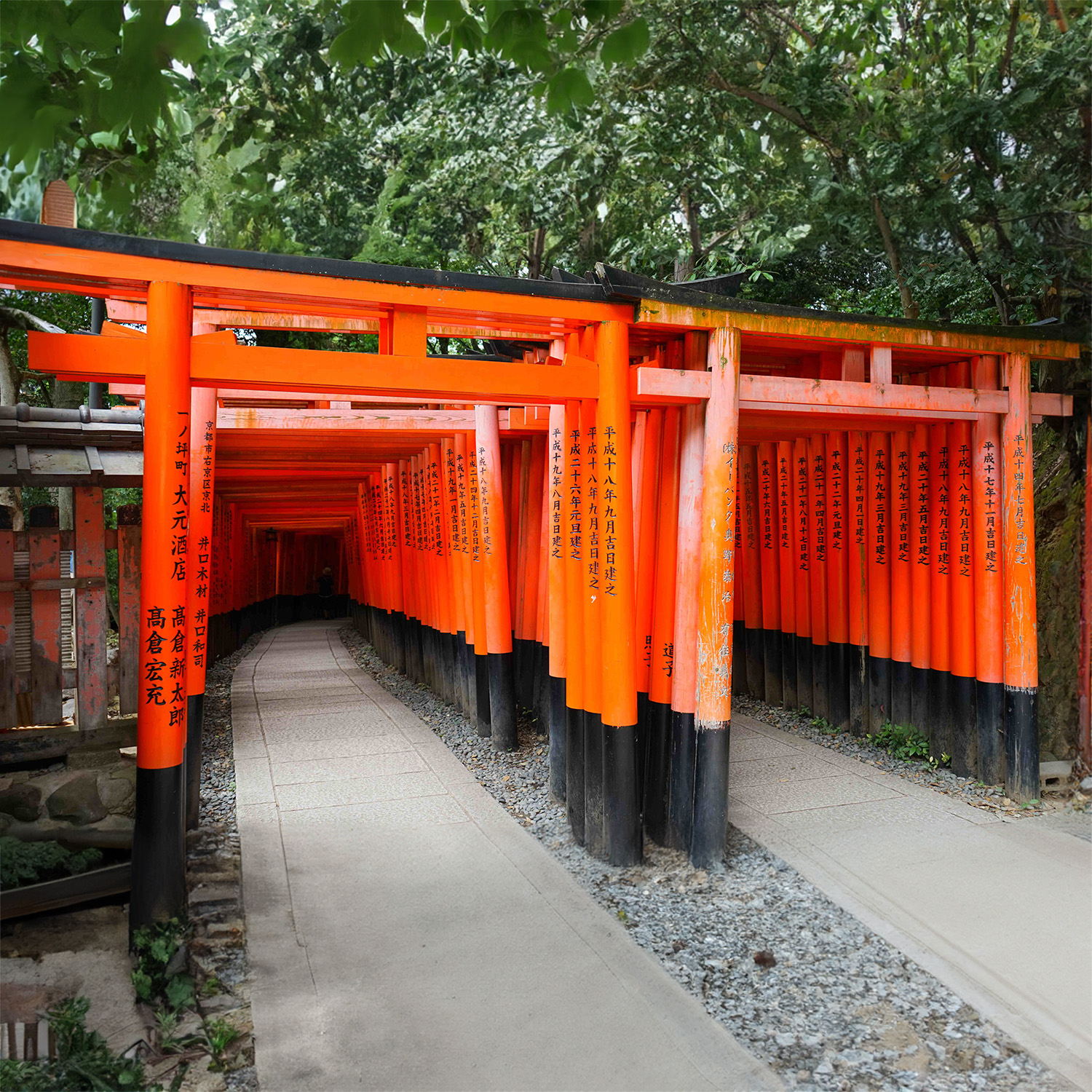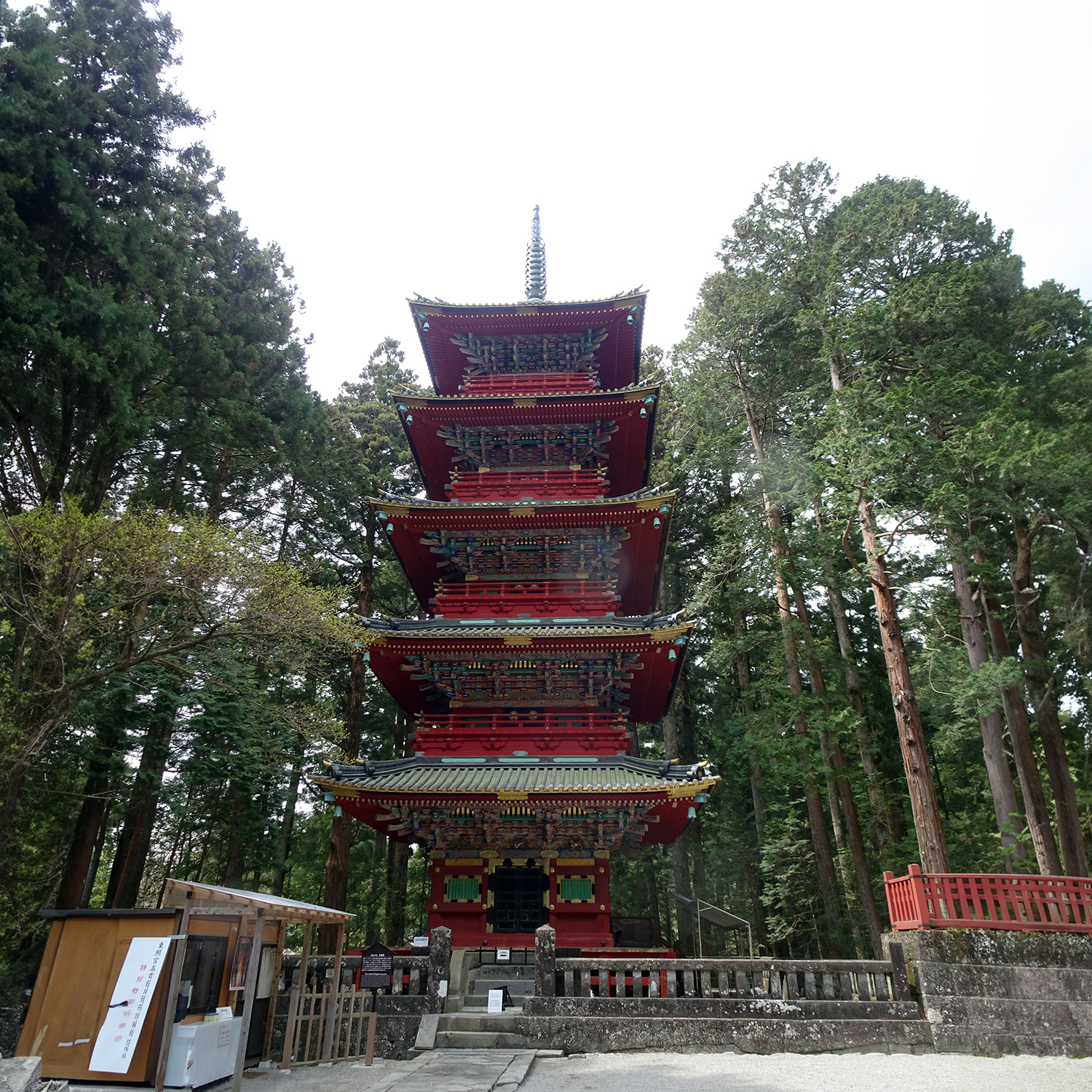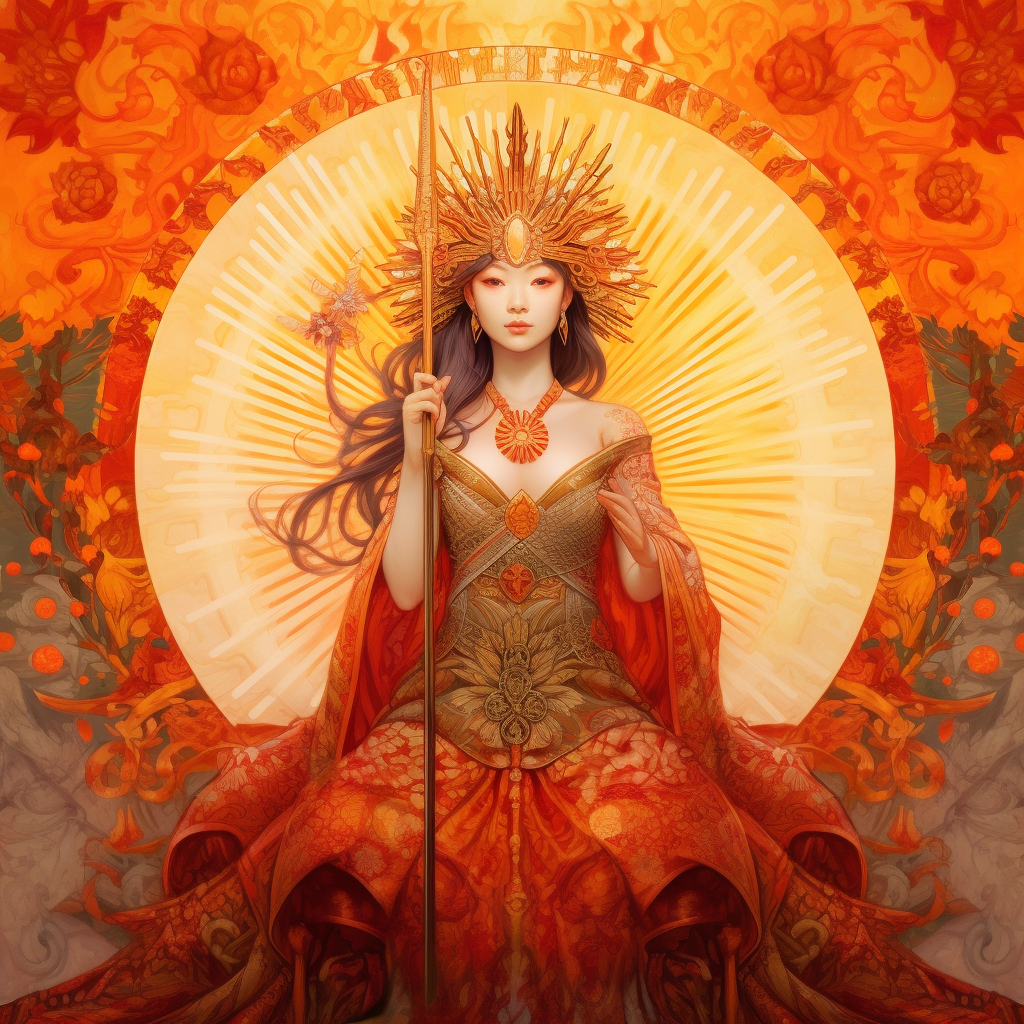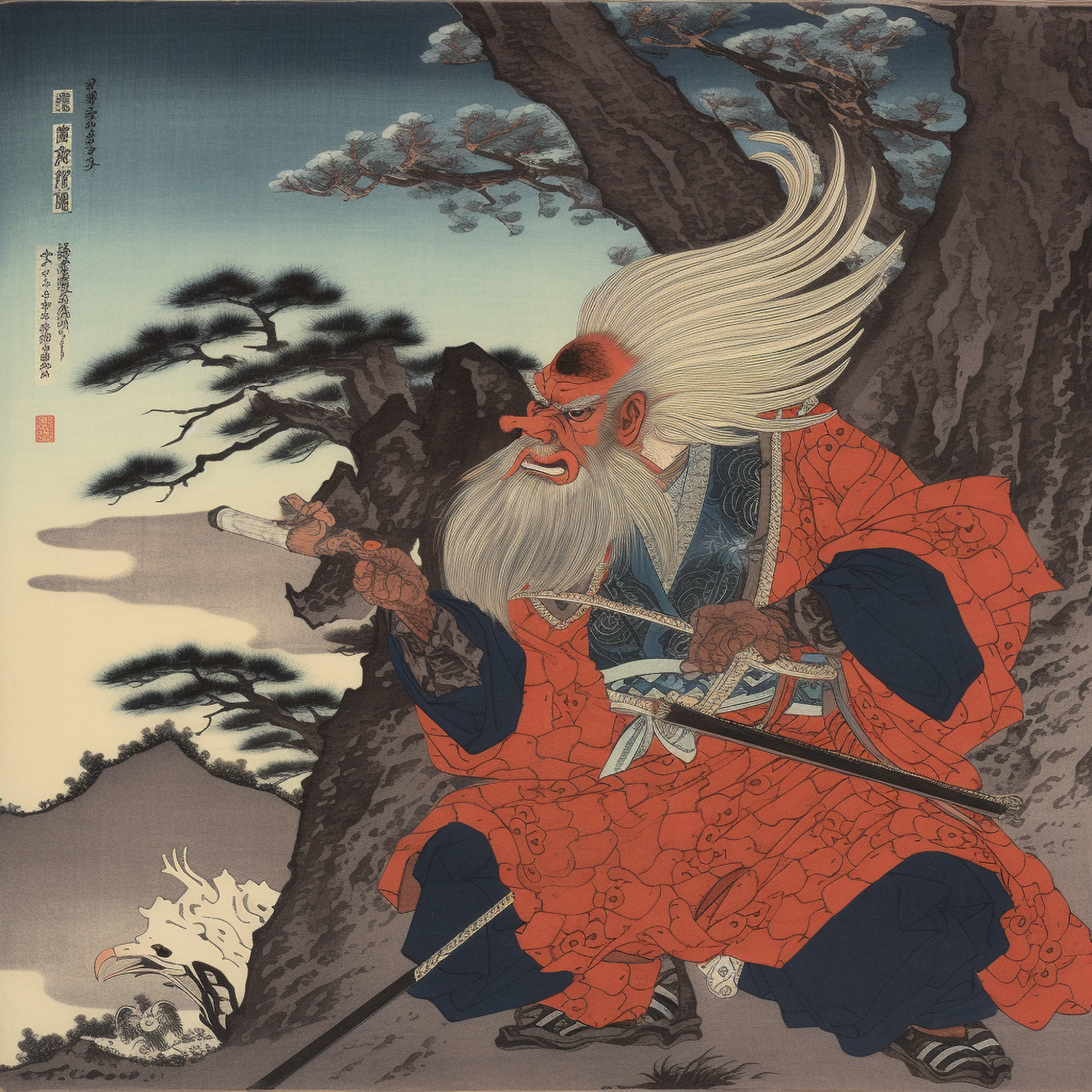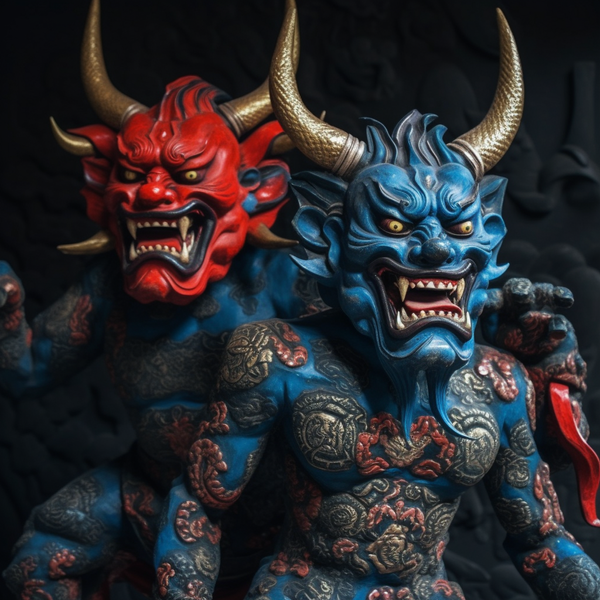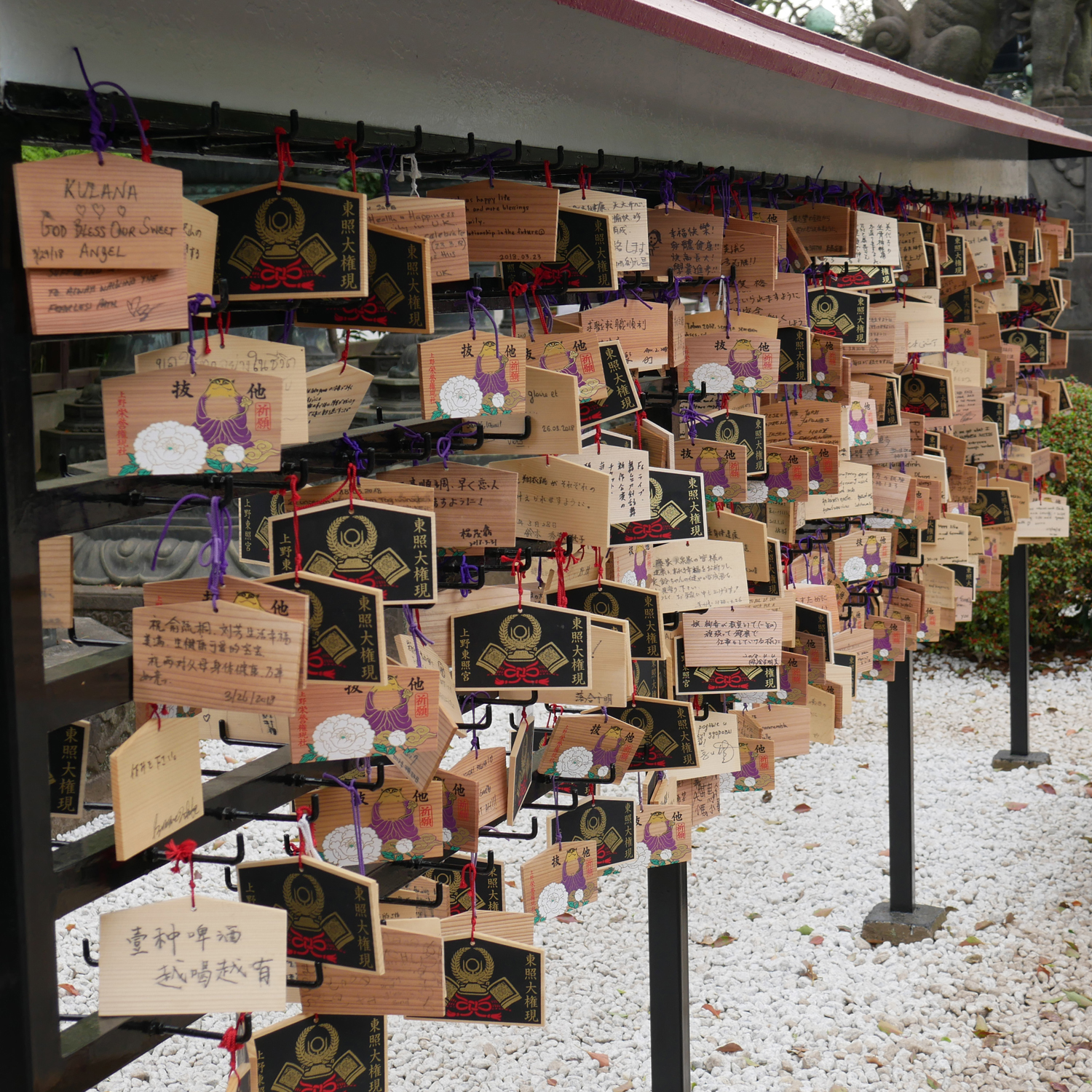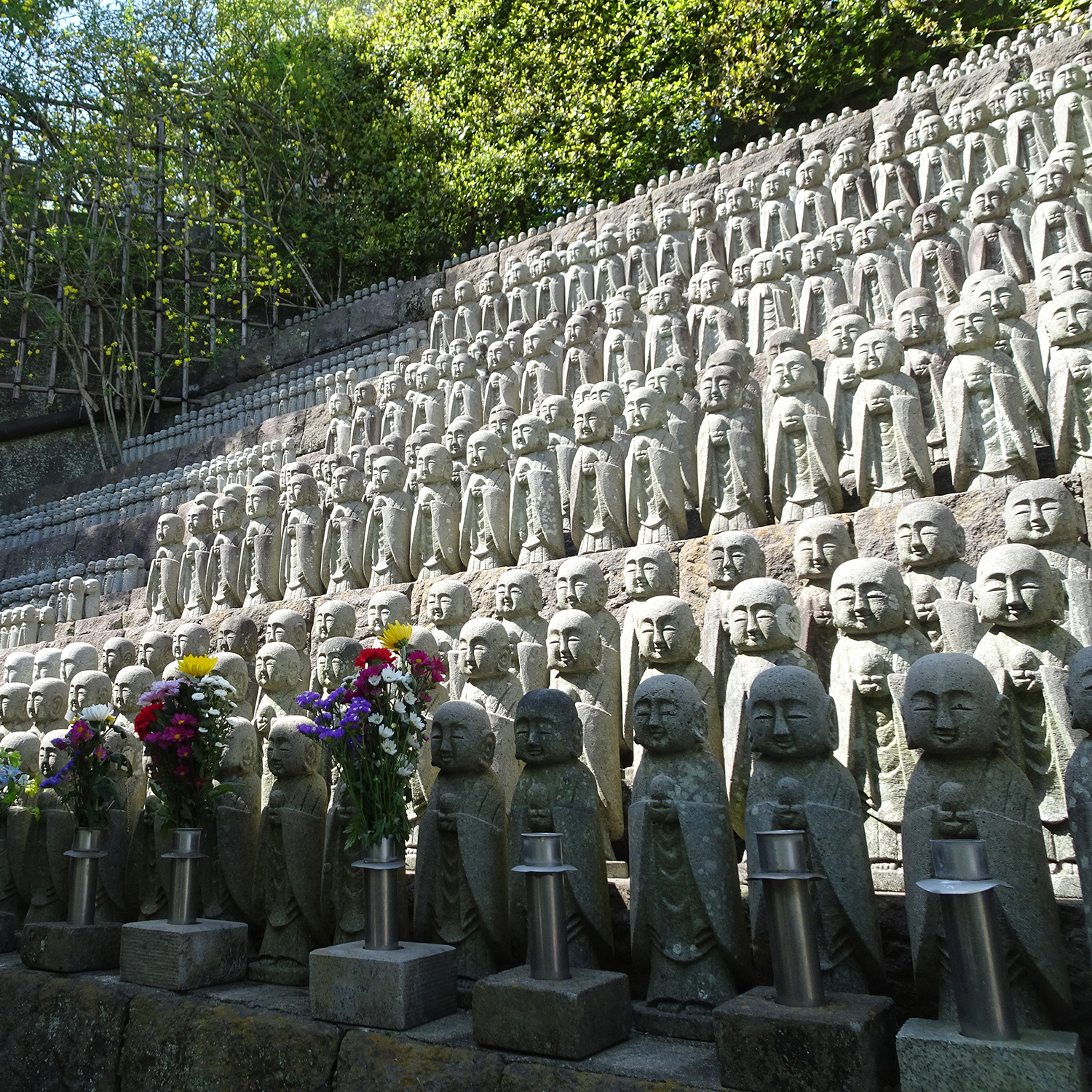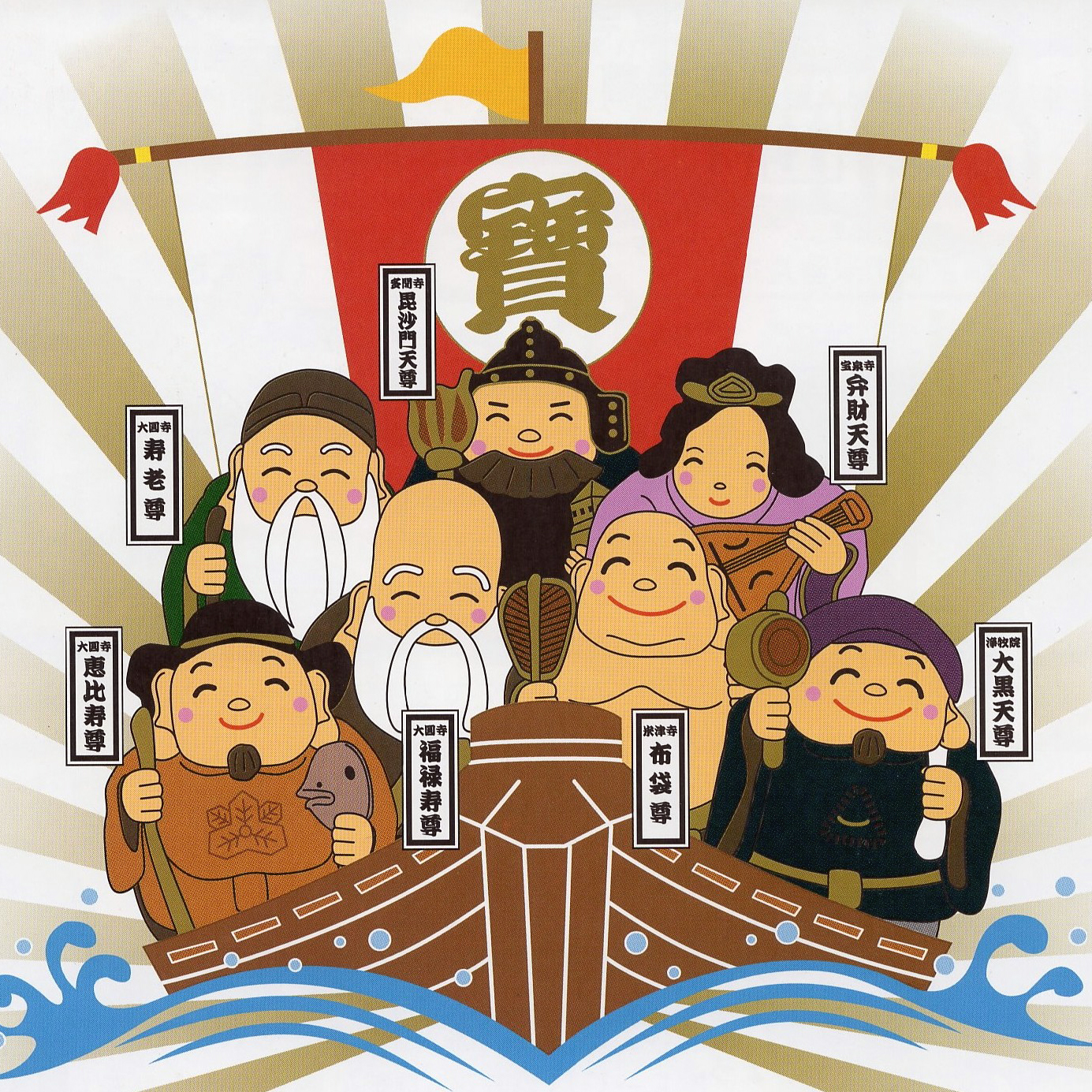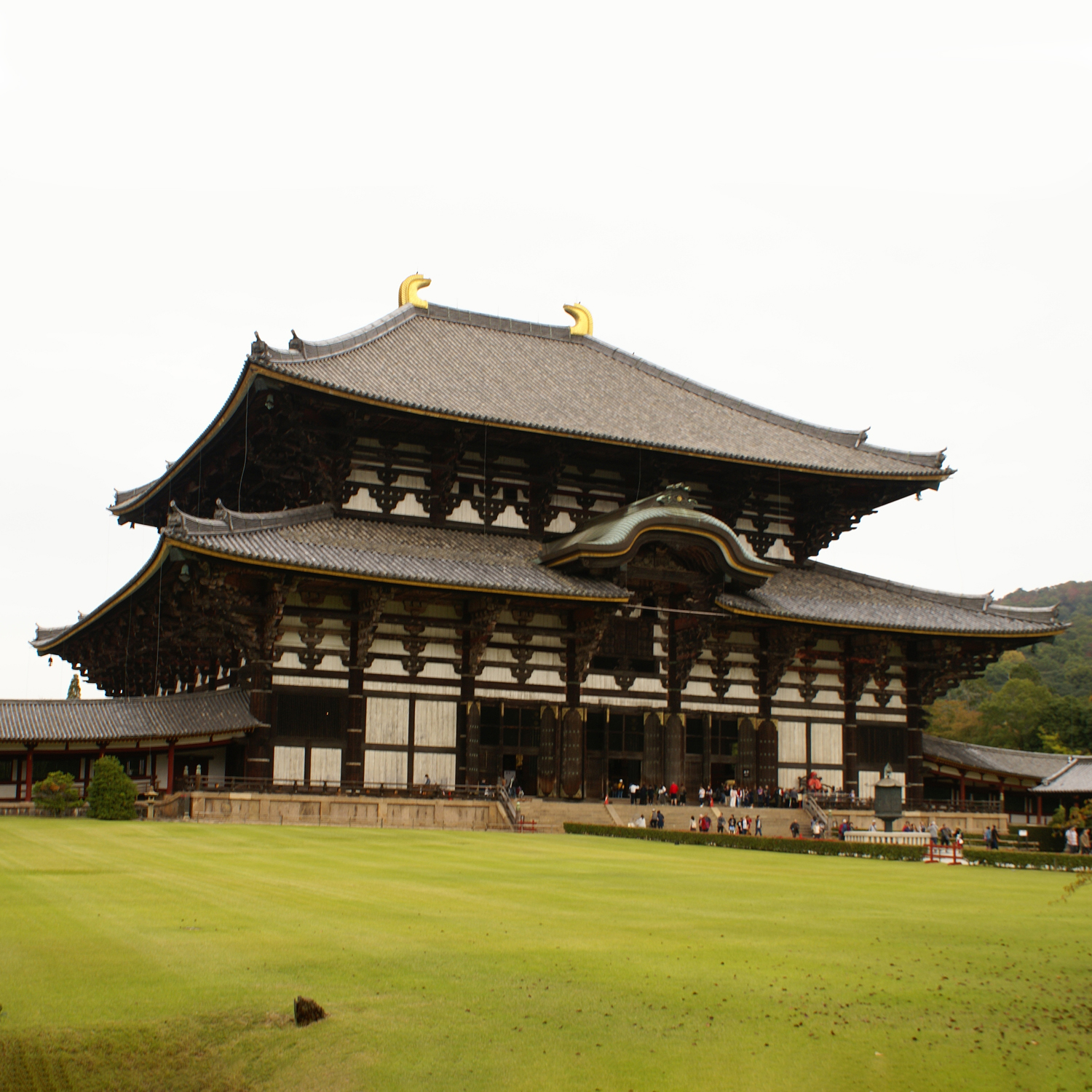Spiritual Harmony in the Land of the Rising Sun: An Exploration of Buddhism and Shintoism in Japan
Buddhism in Japan
History of Buddhism in Japan : Buddhism was introduced to Japan in the 6th century, from China and Korea. Prince Shotoku played a major role in spreading this philosophy. Buddhism quickly influenced Japanese culture, art, and institutions.
Buddhist Schools : Over time, different Buddhist schools developed in Japan. Among the most notable are Zen, Jodo, and Shingon. Each of these schools has its own teachings and practices, but all share the fundamental principle of spiritual awakening.
Buddhist Practices in Japan : The Japanese practice Buddhism in various ways. Funeral rituals, such as burials and memorial ceremonies, are often associated with Buddhism. Buddhist temples, decorated with Zen gardens and Buddha statues, are places of meditation and prayer.
Shintoism in Japan
History of Shintoism : Shintoism is the indigenous religion of Japan, and its history dates back thousands of years. Based on respect for kami, divine spirits who inhabit nature, Shintoism is deeply rooted in Japanese culture.
Principles of Shintoism : Shintoism emphasizes purification, veneration of ancestors, and the sacred relationship between humanity and nature. Shinto shrines, recognizable by their torii (sacred gates), are places of prayer and celebration.
Shinto Festivals : Shinto festivals, such as Hatsumode (the first temple visit of the year) and Hanami (cherry blossom viewing), are important moments in the lives of Japanese people. They celebrate nature, life, and cultural traditions.
Harmonious Coexistence
Synthesis of Buddhism and Shintoism : In Japan, it is common for Japanese people to practice both Buddhism and Shintoism, a harmonious coexistence called “shinbutsu-shūgō”. Weddings, funerals, and other rites of passage may involve rituals from both traditions.
Impact on Daily Life : These two religions have profoundly influenced the Japanese way of life. The philosophy of Buddhism, focused on the search for truth and compassion, is reflected in the quest for harmony and serenity. Shintoism, for its part, embodies the intimate connection with nature and the collective spirit of the Japanese people.
Buddhism and Shintoism play essential roles in the spiritual and cultural life of Japan. Their peaceful coexistence testifies to the richness and diversity of beliefs within Japanese society.
Nanzen-ji Temple in Kyoto: eternal serenity
Nestled in the heart of Kyoto, Nanzen-ji Temple embodies timeless beauty and peaceful serenity. A hallmark of Japan’s cultural treasures! Founded in the 13th century,…
Chuson-ji Temple: Treasure of Iwate and Buddhist Jewel
Chuson-ji Temple is nestled in the serene mountains of Hiraizumi, Iwate Prefecture. This temple is one of Japan’s most precious treasures. Founded in the early…
The Kitsune: The Foxes of Japanese Mythology
The Kitsune are mysterious and fascinating foxes from Japanese mythology. In addition, they occupy an important place in the culture and legends of Japan. These…
The Kappa: Mythological Creature of Japanese Folklore
The Kappa is a Japanese mythological creature from traditional folklore. Known by different names depending on the region, such as “kawatarō” or “kawako”, this aquatic…
Kumano Shrines: Mystical Beauties of the Mountains
Kumano-jinja, or Kumano Shrines, are spiritual treasures nestled in the sacred mountains of Wakayama Prefecture, Japan. These shrines are among the most sacred places of…
The Tanuki: A Symbol of Mystery and Folklore in Japan
The tanuki is also known as the raccoon dog. It is a fascinating creature that holds a special place in Japanese folklore. Although this mammal…
The Omamori: Sacred Guardians of Japan
At the heart of Japanese culture, among its many centuries-old traditions, is an object that embodies spirituality, protection and faith: the Omamori. These small amulets…
Tsurugaoka Hachiman-gu Temple: A Historical Treasure
Nestled between the mountains and the ocean, the Tsurugaoka Hachiman-gu Temple in Kamakura, Japan, is well more than just a place of worship. Minamoto no…
Horyu-ji Temple in Ikaruga: An Ancient Japanese Treasure
Nestled in the heart of the peaceful countryside of Ikaruga, in Japan’s Nara Prefecture, Horyu-ji Temple emerges as a historical gem. It offers visitors a…
Hana Matsuri: The Celebration of the Birth of the Buddha
Hana Matsuri is also known as the Flower Festival or Buddha’s Birthday. Hana Matsuri is an annual Buddhist celebration celebrated in Japan and other parts…
Fujin and Raijin: Discovering the Deities of Wind and Thunder
Japanese mythology is a fascinating kaleidoscope of deities and entities representing the natural forces that shape the world. Among these divine figures, Fujin and Raijin…
The Meishin: Exploring Japanese Superstitions
Japan, steeped in centuries-old history and rich customs, is home to a fascinating array of superstitions that have evolved over time. Among these beliefs, the…
Kamakura Kencho-ji Temple: A Spiritual Journey
Nestled in the heart of historic Kamakura, Kencho-ji Temple stands as an age-old treasure. This temple is imbued with peace and spirituality. Founded in the…
Jorogumo, the demonic spider of Japanese folklore
Japanese folklore is rich in mystical creatures and captivating legends. Among these supernatural entities, the Jorogumo spider stands out as one of the most fascinating…
The Yasaka-jinja Shrine of Gion in Kyoto – A Spiritual Oasis at the Heart of Japanese Tradition
Yasaka-jinja Shrine, located in the Gion district of Kyoto, is a spiritual pearl that embodies the essence of Japanese tradition and culture. Known as Gion-san,…
Mount Kōya in Japan: A Sanctuary of Serenity and Spirituality
Deep in the mountains of Wakayama Prefecture, Japan, lies Mount Kōya, or Koyasan in Japanese. This sacred site is one of the most important spiritual…
The Kasa Obake is a Japanese yokai in the shape of an animated umbrella.
The Kasa Obake, literally translated as “haunted umbrella”, is one of the most iconic and intriguing yokai in Japanese folklore. It belongs to the category…
Fushimi Inari Temple in Kyoto – An Enchanted Journey in the Spirit of Japan
Fushimi Inari Temple, located in Kyoto, is one of Japan’s most iconic shrines. Known for its thousands of scarlet torii gates lined up in a…
Rokurokubi: The strange yokai with the detachable head
Japanese legends and folklores are full of strange and mysterious creatures, and among them is the Rokurokubi, a fascinating yokai. Rokurokubi are female spirits who…
The 20 Most Beautiful Japanese Temples to Visit: An Unforgettable Spiritual Journey
Japan is renowned for its magnificent temples, which testify to its rich history and deep spirituality. In this article, we will take you to discover…
Fascinating Futakuchi-onna: Discover the Secrets of a Mythical Creature
In the depths of Japanese folklore, among tales of supernatural beings and mystical entities, one creature stands out for its enigmatic nature and disturbing presence:…
Amaterasu: The solar goddess of the Japanese pantheon
Amaterasu is one of the most revered deities in the Japanese pantheon, playing a central role in the country’s mythology and spirituality. As a solar…
Nekomata Bakeneko: Discover the mysterious and fascinating feline yokai
In Japanese folklore, yokai occupy an important place, representing supernatural creatures with diverse forms and powers. Among these yokai, the Nekomata Bakeneko stands out for…
Tengu: A mythical creature between folklore and legend
In the vast pantheon of Japanese mythical creatures, the Tengu occupies a special place. With its humanoid bird-like appearance and supernatural powers, this fascinating creature…
Discovering Japanese ONIs: Between myth and reality
Japan is a country rich in folklore and legends, and among the mythical creatures that populate its imagination, ONIs occupy a special place. ONIs, also…
The Nue: a mysterious yokai from Japanese mythology
The Nue is a yokai (supernatural creature from Japanese folklore) with the particularity of being a hybrid being, composed of animal parts from several different…
Discover the mysterious world of Japanese Yokai
Yokai are legendary creatures of Japanese folklore, often described as spirits or monsters that haunt abandoned places or remote locations. These supernatural beings have captured…
Enoshima Island: temples, shrines and incredible ocean views!
Enoshima Island is a small island located in Sagami Bay, about one hour from Tokyo by train. This island is famous for its Buddhist temple,…
Ema: ancient amulets to express your wishes
Japanese ema are traditional wooden votive plates that are often sold in temples and Shinto shrines in Japan. These wooden plaques are decorated with drawings…
Jizo: the benevolent guardians of Japan
Jizo, also known as jizobosatsu, are very popular Buddhist deities in Japan. They are representations of Bodhisattva, enlightened beings who have chosen to remain on…
The 7 gods of happiness Shichifukujin
The seven lucky gods or seven gods of fortune (七 福神, shichifukujin in Japanese) are supposed to give good luck and often have their place…
Todai-ji, the largest temple in Japan.
Todai-ji is a Buddhist temple located in Nara, Japan. It is one of the oldest and most important temples in Japan, renowned for its great…

